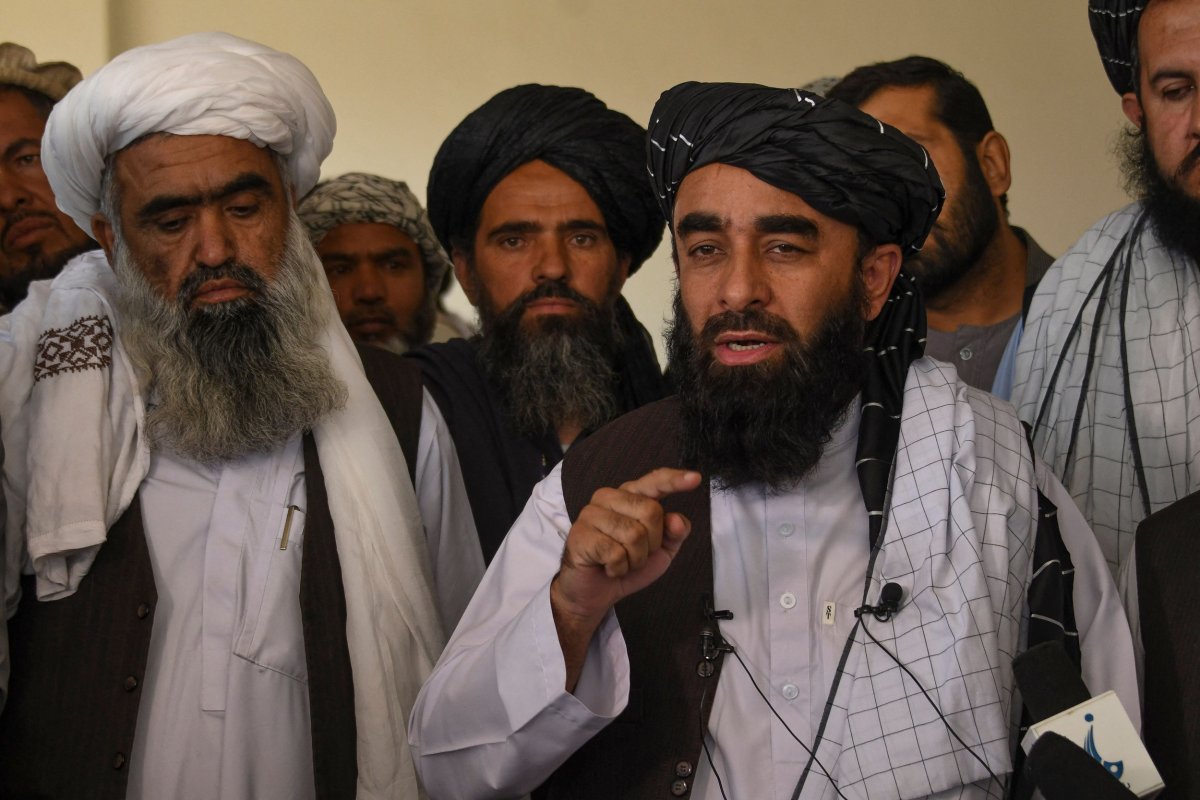A wedding in Afghanistan's Nangarhar province turned deadly on Friday after alleged Taliban members shot and killed three people during a fight concerning whether music could be played, according to local town residents.
At least 10 others were injured during the altercation, which took place after three gunmen demanded that the wedding party stop playing music, NBC News reported. Two residents of the area said they recognized the gunmen as local Taliban members.
The gunmen "were harsh in their arguments with the family holding a marriage ceremony and local residents," one of the residents, who spoke on the condition of anonymity, told NBC. "Their arguments led to an armed clash," he added, stating that the gunmen "opened fire and killed three people and injured 10 others."
Taliban spokesman Zabihullah Mujahid denied that the three attackers were members of the group, but confirmed that the incident took place over a music dispute. Mujahid said the Taliban has so far arrested one person, with efforts underway to arrest the other two suspects.

However, a separate member of Taliban's intelligence department, who also spoke on the condition of anonymity, told NBC that the gunmen were indeed members of the militant group.
The Taliban regained control of Afghanistan amid a withdrawal of U.S. troops from the country in August. Previously, the group ruled the country from 1996 to 2001 under a strict interpretation of Islam where women were not permitted to go to school or work, and music and art were publicly banned.
Though there is currently no official ban on music in Afghanistan, Mujahid said in August that music is not permitted under Sharia Law, suggesting that the strict order will again take effect.
"Music is forbidden in Islam," Mujahid said. "But we're hoping that we can persuade people not to do such things, instead of pressuring them."
The group's position is based upon a hadith—a report of the sayings of the Prophet Muhammad—that states: "those who listen to music and songs in this world, on the Day of Judgment molten lead will be poured into their ears," Newsweek previously reported. However, that interpretation is not universally agreed upon in Islam.
Ahmad Sarmast, the founder and director of the Afghanistan National Institute of Music, previously said the Taliban's attitude toward music is a misunderstanding of the faith.
"It's a totally uneducated, narrow, and almost illiterate people who are misinterpreting Islamic ideology," Sarmast told Forbes. "There is nothing explicitly written against music in the Holy Quran."
When the Taliban again seized power in August, they vowed to take a different, more inclusive approach from their previous enforcement. But just two months into their rule, the group has reportedly used violence against women and Afghan journalists, suppressed the education of women and girls, and targeted ethnic minorities and U.S. allies—prompting fears that little has changed.
Uncommon Knowledge
Newsweek is committed to challenging conventional wisdom and finding connections in the search for common ground.
Newsweek is committed to challenging conventional wisdom and finding connections in the search for common ground.
About the writer
To read how Newsweek uses AI as a newsroom tool, Click here.








